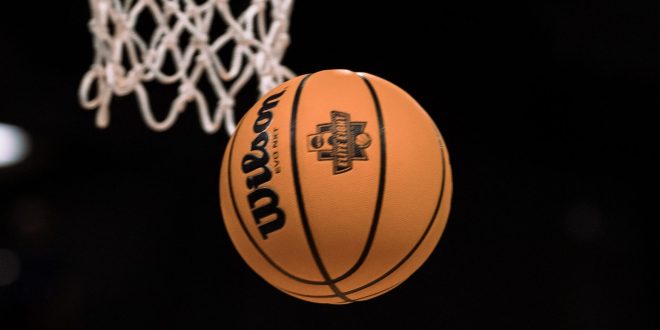March Madness has come around once again. With conference tournaments well underway, many teams are hoping to make a magical run in their conference tournament to capture their conference’s bid to the Big Dance.
That said, only a select-few 68 teams out of more than 360 teams will hear their name called on Selection Sunday (March 12 at 6 p.m. and 8 p.m. for the men’s and women’s basketball tournaments, respectively). Still, it has been proved time and time again that anything goes in March.
Almost anything.
For some programs, they know long before the season even begins that they won’t have the chance to compete on the biggest stage in college basketball. That’s because these programs are in the midst of a four-year transition period from Division II to Division I.
The NCAA has long had this rule in place, with the exact reasoning being to make sure that schools have enough time to meet the various requirements needed to be Division I.
According to Meghan Durham, a spokeswoman for the NCAA, in an email to the New York Times, the rule used to be a two-year transition period. However, it was doubled after teams couldn’t sustain Division I membership due to moving too soon and not keeping up financially.
While the rationale for the rule is sound, keeping teams from competing in the postseason goes against the very thing the NCAA stands for: being in the business for the student-athlete. Student-athletes at transitioning programs can go their entire collegiate careers without once playing in the postseason unless they transfer schools.
The other primary reason for this rule is for competitive balance. Many of these teams simply need the transition period to build up their rosters and get acclimated to playing at a competitive level in Division I. However, others seamlessly transition to Division I.
For most transitioning programs, they will join a “mid-major” conference – a conference that traditionally puts just one team into the tournament.
Teams from these conferences tend to be at a talent disadvantage when facing major-conference opponents. Transitioning from Division II to Division I only causes that disadvantage to grow. Adding on the fact that they are ineligible for the postseason only further hinders them from building up their rosters.
Though transitioning schools are barred from competing in NCAA-sponsored postseason tournaments across all sports, some conferences still allow these schools to compete in their conference tournaments.
Bellarmine University, which won the Atlantic Sun Conference tournament in 2022 in their second year of their transition, states on their site that the ASUN allowing transitioning schools to compete in conference tournaments serves as a huge benefit to recruiting efforts during the transition period.
Despite that, teams who are allowed to compete in their conference’s tournament still can’t receive their conference’s bid to the postseason even if they win the tournament.
In the past two seasons alone, three schools in men’s and women’s basketball have won their conference tournament whilst in their transition period. In addition to Bellarmine, California Baptist University won the Western Athletic women’s basketball tournament in 2022, and Merrimack College, which is in their final year of their transition, won the Northeast Conference tournament on March 7.
Several other schools transitioning to Division I remain alive in their conference’s tournament. While many won’t win their tournament, preventing those who were good enough to win from advancing to the NCAA Tournament is a disservice to student-athletes.
Instead of seeing Merrimack get a chance to shock the world, Farleigh Dickinson University, whom Merrimack beat in the NEC tournament title game, will advance to the NCAA Tournament. While I don’t want to take anything away from Farleigh Dickinson, awarding a team who didn’t even win their conference tournament with a bid is an injustice to Merrimack.
I think the four-year transition rule can still exist without outright banning teams from competing in postseason play. Giving schools a four-year period to complete the transition while still allowing them to compete for championships will only improve the overall product that is college athletics.
To think that VSU, which has been rumored as a potential candidate to move up to Division I for the better part of a decade, could one day be in the same shoes as Bellarmine, California Baptist and Merrimack is something I shudder at.
While it’s too late to change the rule for this season, the NCAA needs to do the right thing and lift the postseason ban on transitioning schools moving forward.
Written by Austin Bruce, Sports Editor. Photo courtesy of VSU.
 The Spectator The independent student newspaper of Valdosta State University
The Spectator The independent student newspaper of Valdosta State University







